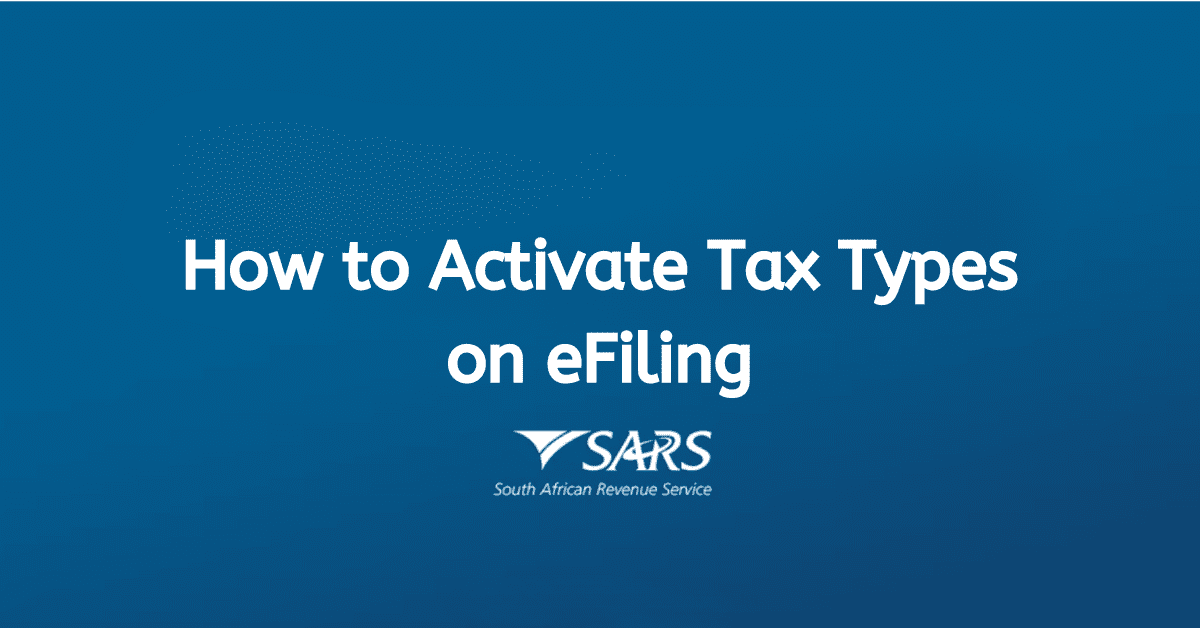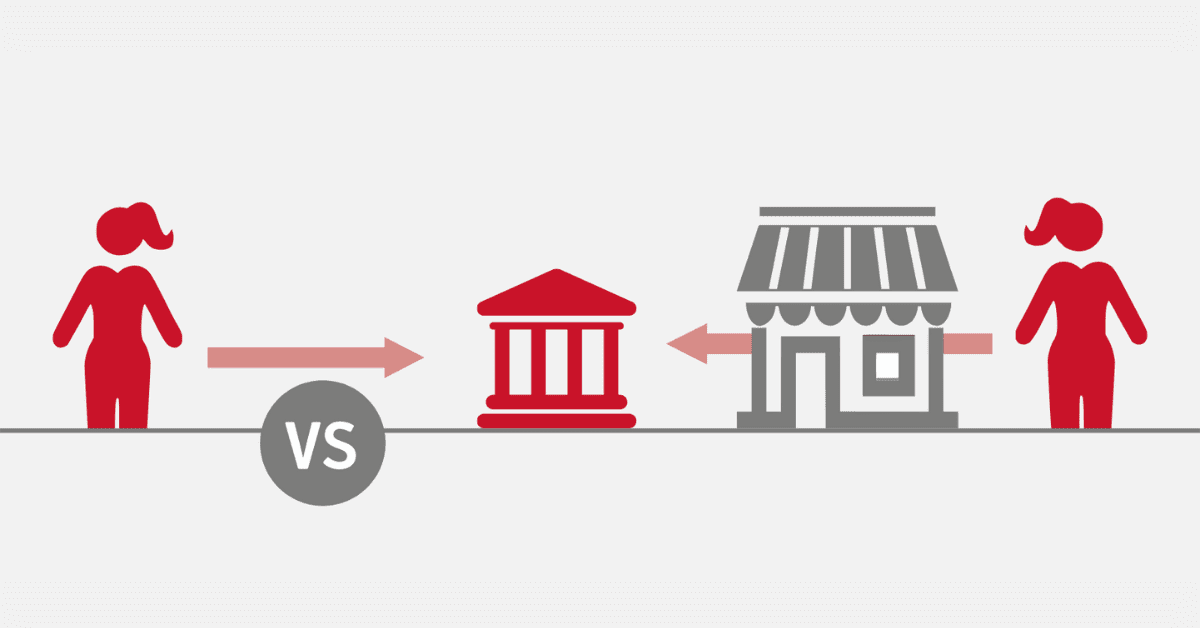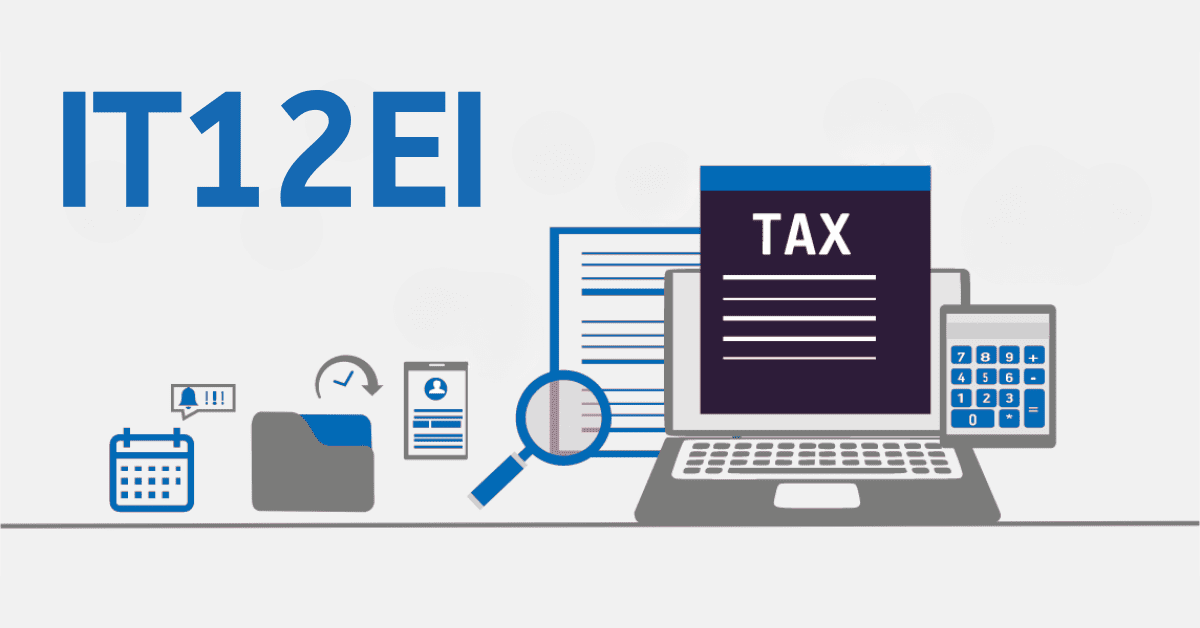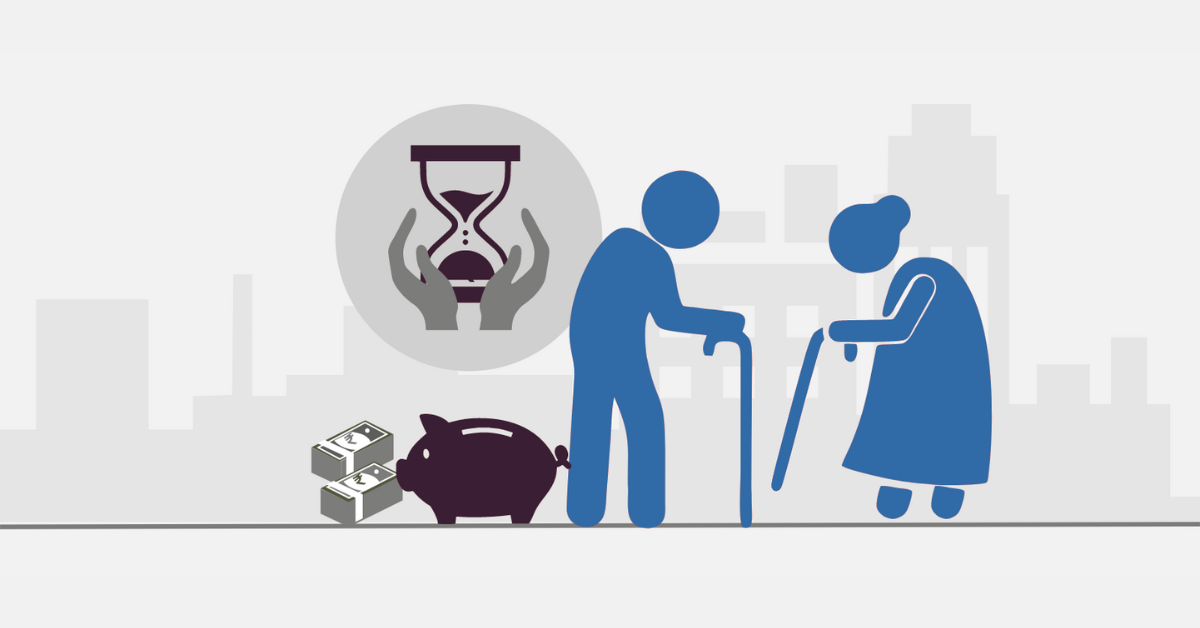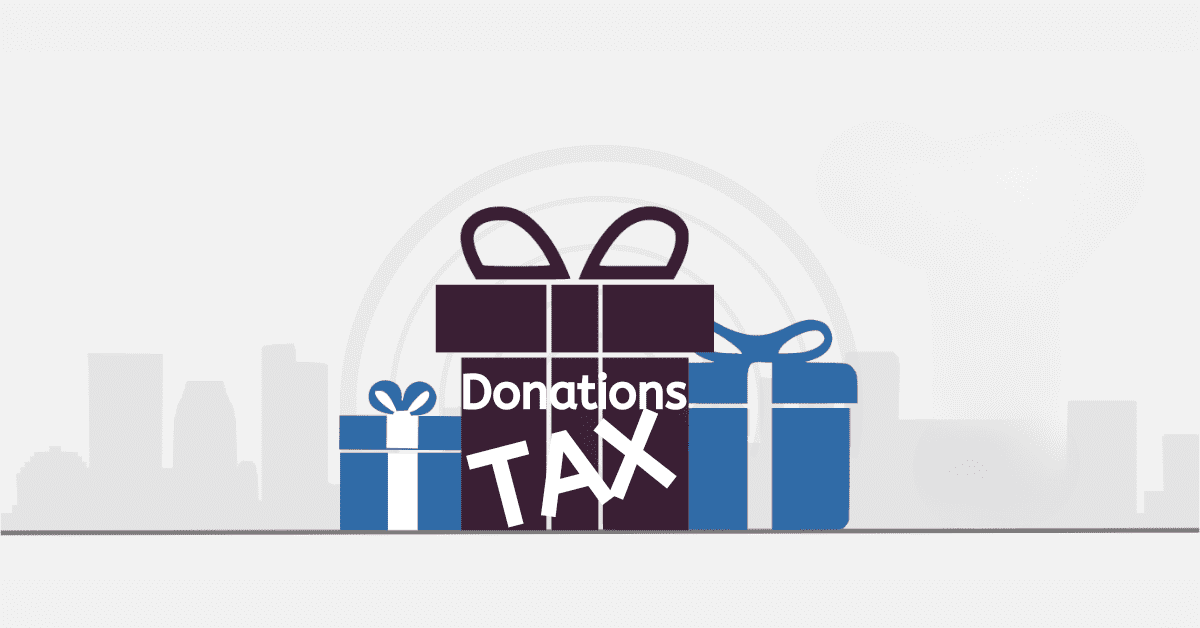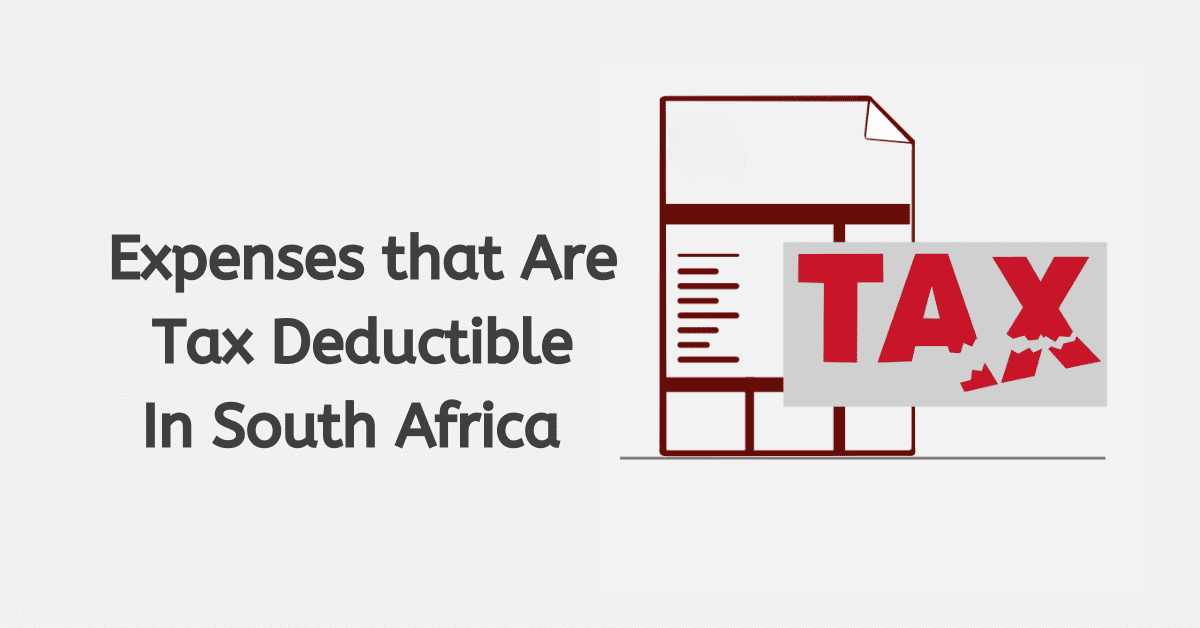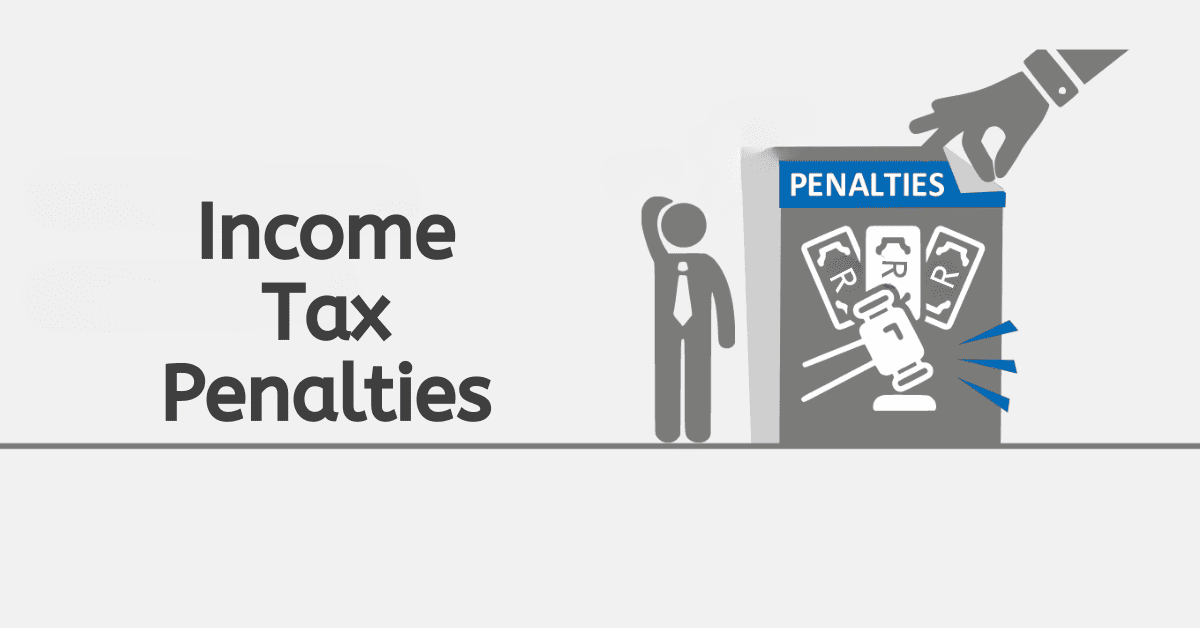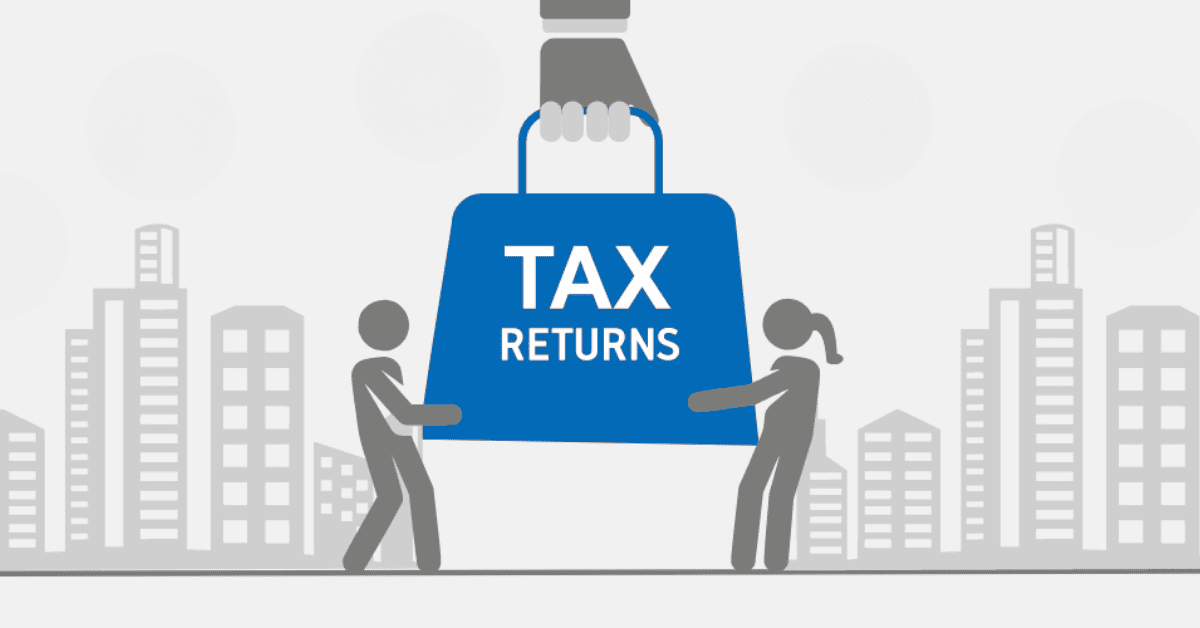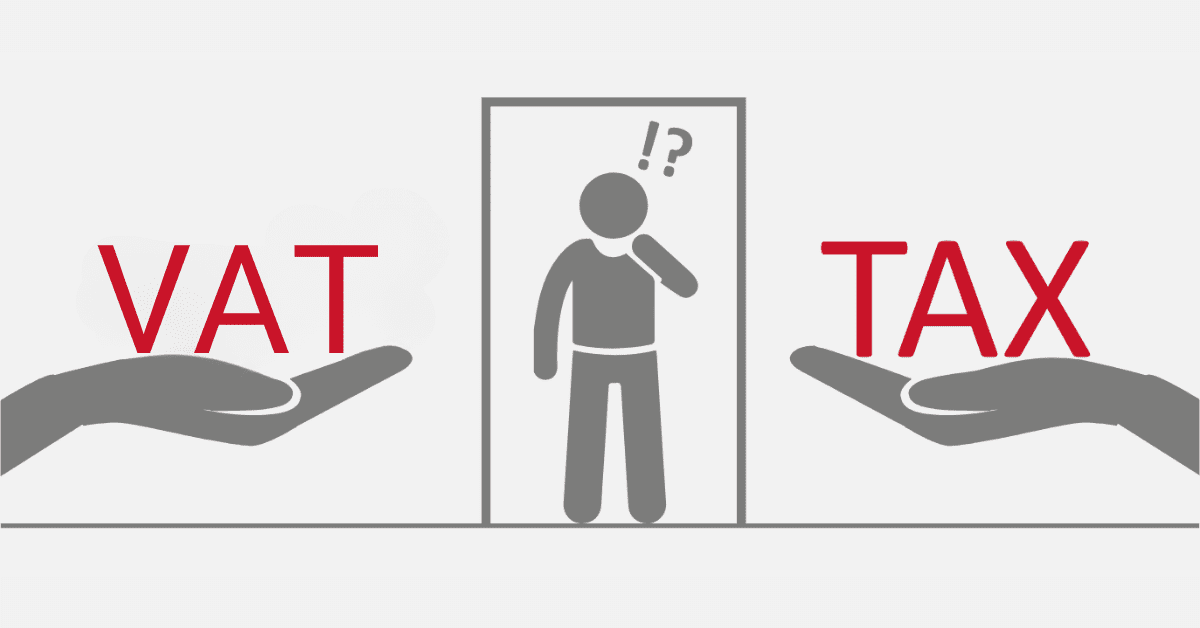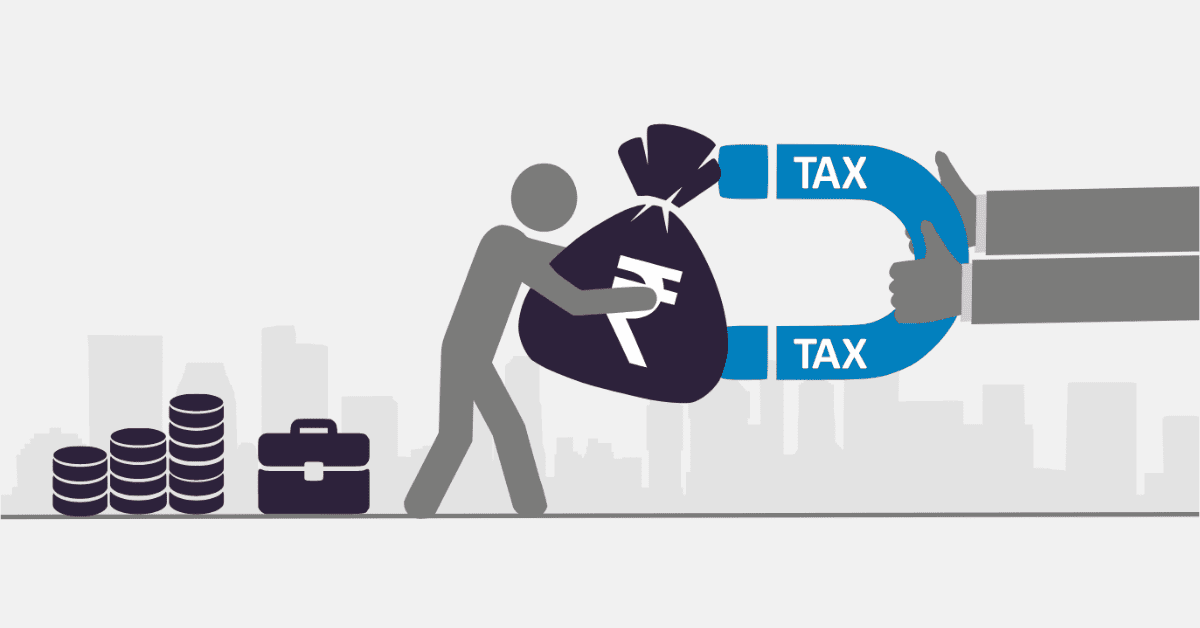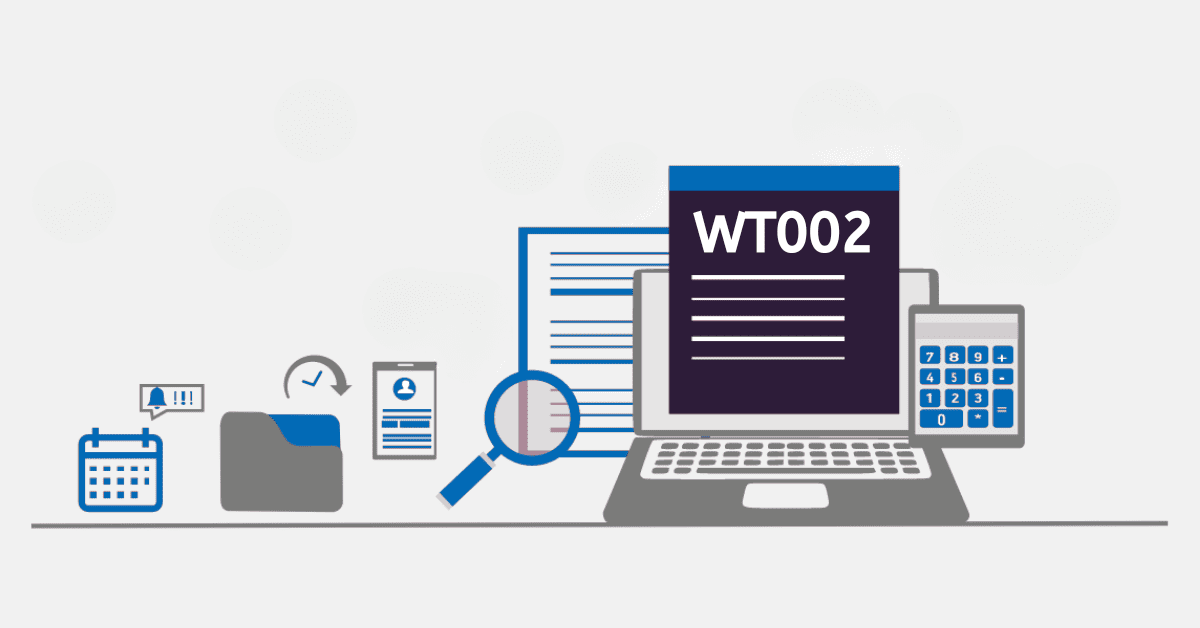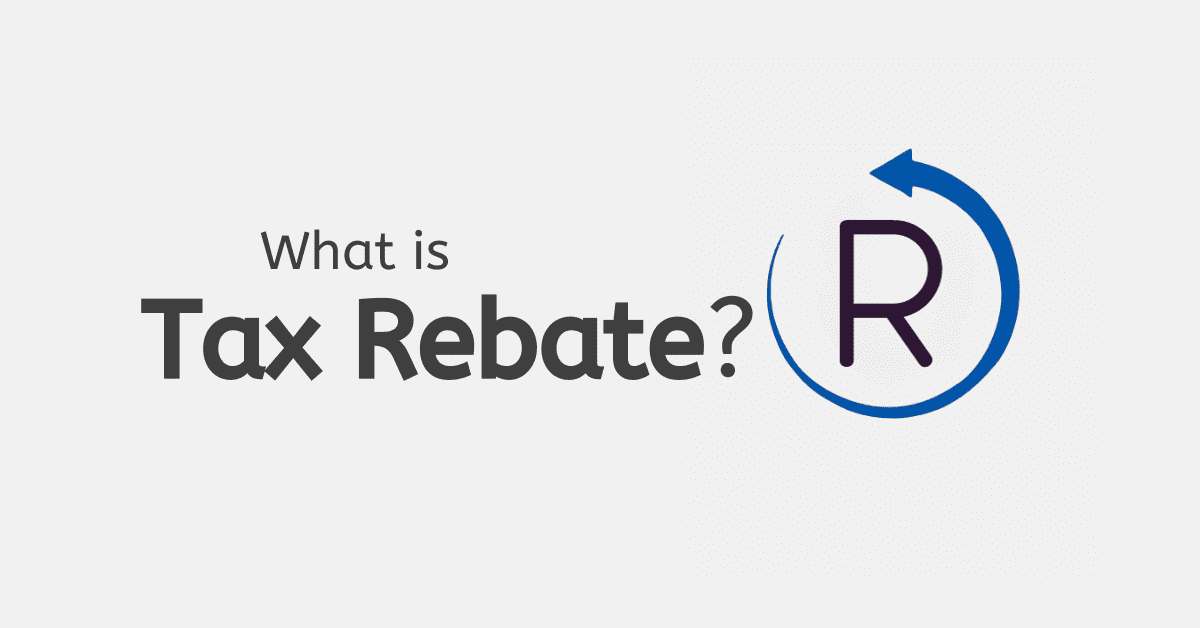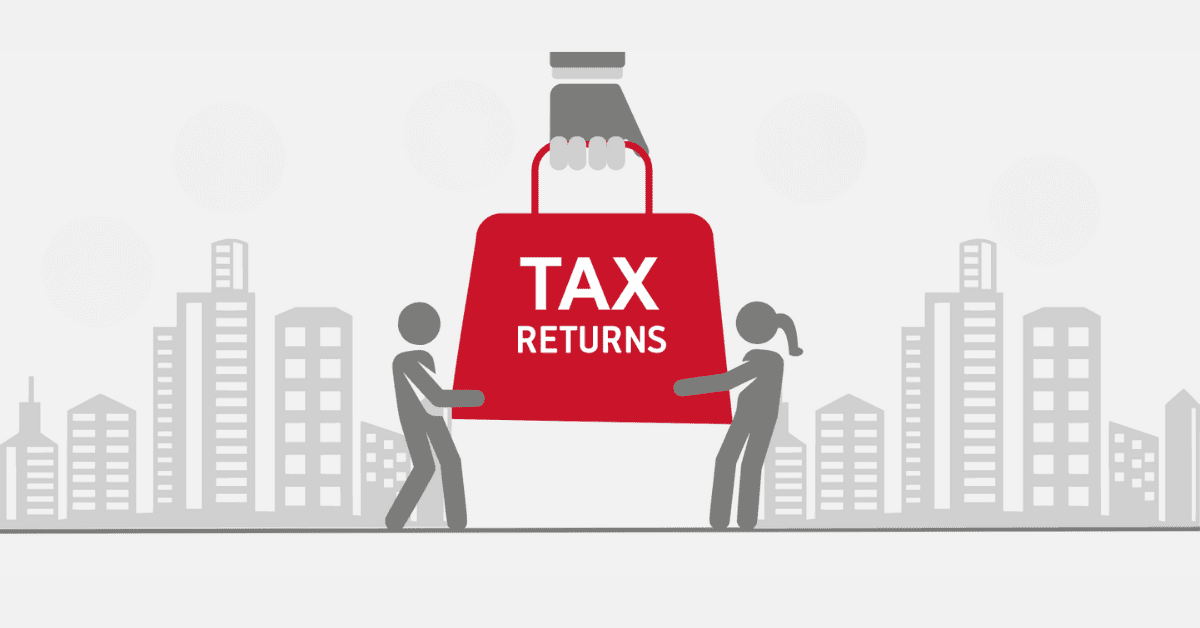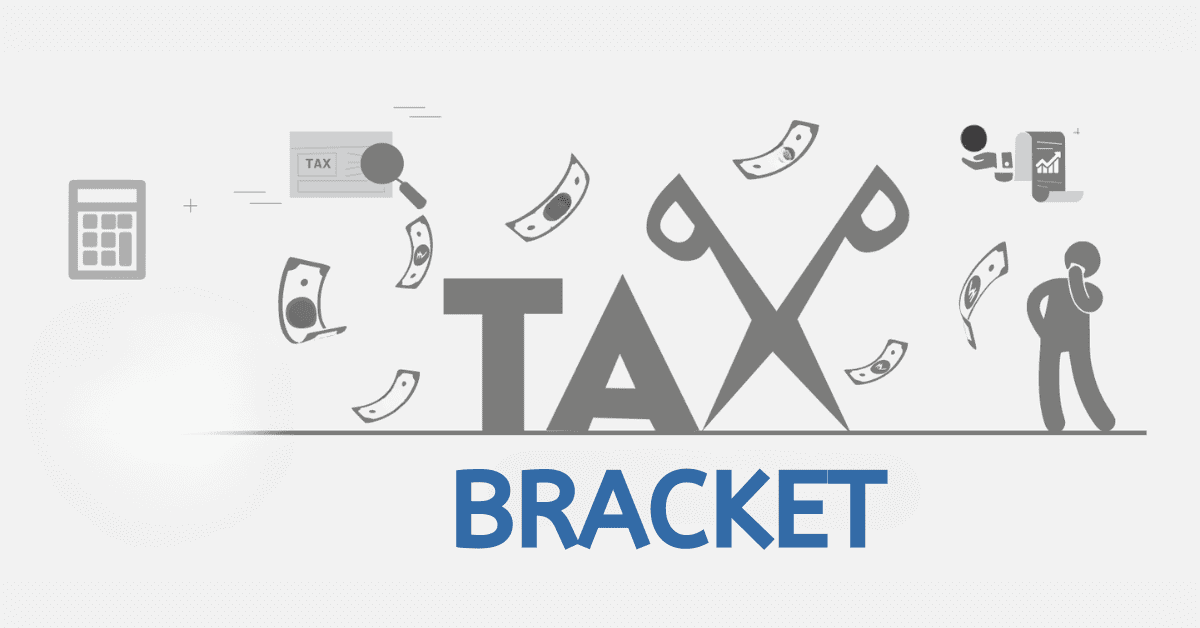As taxpayers, we are very used to the annual taxes we face, like our income tax. Business owners will also be familiar with things like VAT, customs, and import duties. However, there are some other taxes that you will come across for singular or unusual events. A classic example of this is the Capital Gains Tax (CGT
What is the Capital Gains Tax?
Some types of property, from artwork and antiques to vehicles and properties, are expected to appreciate (gain) in value over time. It would be clumsy and impractical for SARS to expect you to show these gains in every income tax return, especially if you are not actively trying to pass that asset on to a new owner and the gain is only notional!
Instead, when you do reach the point of sale or transfer, CGT assesses how much value the asset gained vs what you paid for it, and a one-time tax is levied to account for this increase in value. The objective is to ensure that individuals and entities contribute their fair share to the tax revenue when they make a profit on the disposal of assets, without complicating the ownership process beforehand. In South Africa, the tax on capital gains is governed by the Eighth Schedule of the Income Tax Act.
How is Capital Gains Tax Calculated?
Before you can work out your Capital Gains Tax due, you need to determine what the Capital Gain was in the first place. This uses a rather simple formula, although finding the figures to use can be complex in itself. This formula is as follows:
Capital Gain= Selling Price−(Base Cost +Incidental Costs)
The selling price is, obviously, what you sell the asset for. The base cost is its initial purchase price, as well as any additional costs you paid (think legal fees and transfer duties). You can also add the cost of improvements you made to this amount. Incidental costs cover those you incur during the sales process, again including legal fees, transfer duties, and things like the commission for estate agents or auction houses.
Once the net capital gain is determined, it is then subjected to the applicable Capital Gains Tax rate. This is currently 18% for individuals and special trusts, and 21.6% for businesses. Remember, only the capital gain portion is taxed, not the entire sales figure.
Which Assets are Subject to Capital Gains Tax in South Africa?
A wide range of assets are subject to Capital Gains Tax in South Africa
- Real Estate: The sale of property, including residential homes, commercial buildings, and vacant land.
- Investments: Profits from the sale of financial instruments such as stocks, bonds, and securities.
- Business Assets: When a business sells assets like machinery, equipment, or vehicles, any resulting capital gains are subject to taxation.
- Personal Assets: Capital gains from the sale of personal-use assets like artwork, jewelry, and collectibles are also included.
- Primary Residence: While there is an exclusion for your primary residence of R2 million, certain criteria must be met to qualify for this exemption, including the length of time you’ve had the property, and it being owner-occupied.
Luckily, there are also exemptions and exclusions you can use to reduce your CGT burden, including an annual allowance of R40,000, the aforementioned primary residence exclusion of R2 million for qualifying properties, and an increased one-time exclusion of R300,000 in the year of death to help reduce Estate Duty.
What Costs Can Be Deducted from Capital Gains Tax?
While capital gains are subject to taxation, deductions and allowances can be utilized to reduce your overall tax liability. This starts with those costs you deduct from the original capital gain, reducing it and the matching tax due.
The original purchase price of the asset is considered the base cost and is used to reduce the overall capital gain. Remember that any costs associated with acquiring the asset, such as legal fees, transfer duties, and other transaction costs, form part of the base cost. The cost of any improvements made to the asset during ownership can also be added to the base cost. This includes renovations, extensions, or any enhancements that increase the value of the asset.
Additionally, costs incurred during the purchase or sale of the asset, such as legal fees, transfer duties, and estate agent commissions, can again be deducted from the capital gain. As can expenses related to professional services, such as legal or valuation fees incurred in the process of acquiring or selling the asset. In some cases, interest costs associated with financing the acquisition of the asset may be deductible, too. Smart use of these deductions, as well as using your allowances and exclusions, can help keep your CGT burden manageable.
Capital Gains Tax is a complex area of tax law, but hopefully, you now feel confident with the basics.
